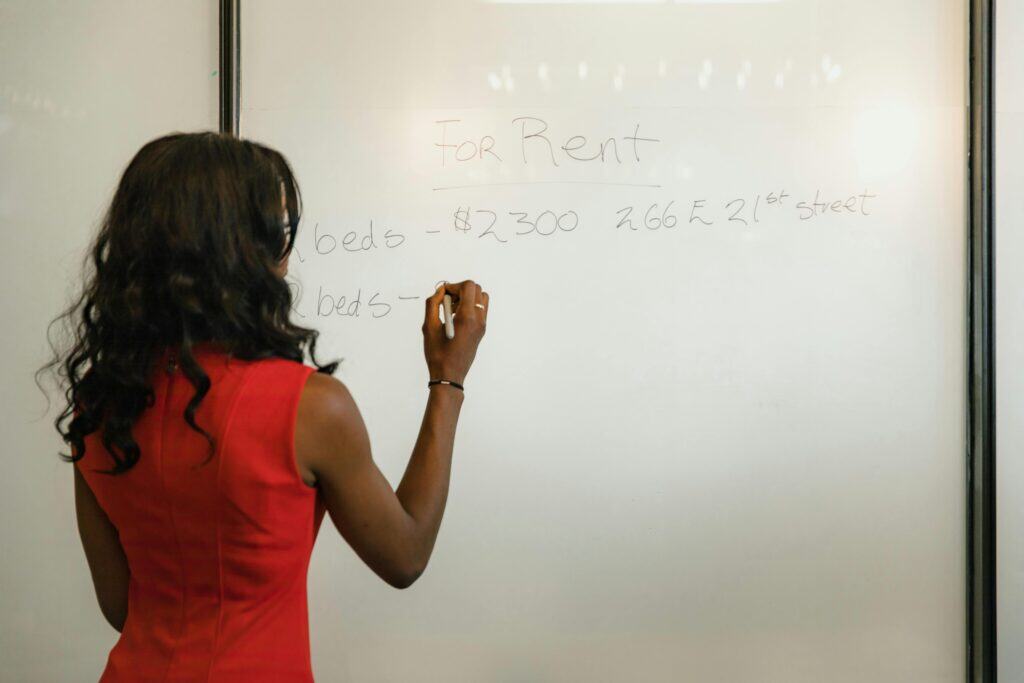On March 11, 2020, when the World Health Organization (WHO) declared the novel Coronavirus (COVID-19), a global pandemic, the entire world changed. As each state across the nation, one by one, implemented stay at home and shelter in place orders, we all witnessed millions of Americans being furloughed or laid off entirely from their jobs, most of which will not return anytime soon. As we near almost 10 months of this global pandemic, many individuals and families in Southern California are still without jobs and cannot afford basic living expenses, particularly their rent. In response to this brewing housing crisis, Governor Newsom enacted AB 3088, commonly referred to as the COVID-19 Tenant Relief Act of 2020, to offer substantial new protections to all California residents, from eviction, provided that they qualify. In sum and substance, the bill prevents the eviction of tenants who are facing financial hardship due to COVID-19. The bill only applies to residential tenants and became effective as of September 1, 2020.
Below, we will discuss everything that Southern California property owners and property managers need to know about AB 3088.
Tenants’ Rights According to AB 3088
For rents accumulated between March 1, 2020, and August 31, 2020: Tenants cannot be evicted for any unpaid rent between March 1st and August 31, 2020. However, landlords can take tenants to small claims court for the owed rent during this period beginning March 1, 2021.
For rents accumulated between September 1, 2020, and January 31, 2020: landlords still may not evict tenants if they cannot pay the rent, provided that the tenants complete the following documentation.
- Tenants must deliver to their landlord a declaration stating what impact COVID-19 has had on their household within 15 days of receiving any nonpayment eviction notice from their landlord. For proof, tenants are advised to send the Declaration to their landlord via certified mail. Please note that tenants who make more than 130 percent of their county’s median income or over $100,000 will be required to provide additional documentation demonstrating financial hardship.
- Additionally, Tenants must pay a minimum of 25% of the rent for September 1, 2020, through January 31, 2021. The 25% payment can be made in one lump sum or in installments so long as the 25% payment is made to the landlord by January 31, 2021.
Moreover, in addition to AB 3088, tenants are still protected under federal COVID-19 orders. Specifically, on September 4, 2020, the CDC issued an Agency Order to temporarily halt residential evictions through December 31, 2020.
The Order applies to all residential tenants (not transient or “seasonal tenant[s]”) who have provided and executed a sworn copy of the Declaration form, set forth in Attachment A of the Agency Order (or similar Declaration under penalty of perjury) to their landlord. The CDC Order goes further than the eviction ban under the CARES Act, which expired in July and only applied to Federal Housing. Instead, the CDC applies to all residential housing and requires that tenants take an affirmative step of submitting the necessary Declaration to their landlord to qualify for protection.
If a tenant cannot pay 25% of the rent owed by January 31, 2021, as required by AB 3088, the tenant should check and see if they are protected by the federal CDC order, which functions as baseline protection.
Unless additional legislation is enacted, beginning on February 1, 2021, tenants are expected to begin paying their rent in full to prevent eviction.
Landlords’ Rights According to AB 3088
According to AB 3088, Landlords must provide tenants with a 15-day Notice of nonpayment of rent for the Nonpayment Notices to be valid. Additionally, they must give notice to tenants, informing them of their rights according to AB 3088. If a notice is served to the tenant demanding rent payments, the landlord must provide the AB 3088 notice concurrently.
Starting March 1, 2021, California landlords can take tenants to small claims court for unpaid COVID-19 rent arrears that accrued between March 1st, 2020, and January 31st, 2021.
Landlords and property managers must keep in mind that they still can evict problem tenants for issues unrelated to nonpayment of rent. Notably, landlord and property managers may nevertheless commence holdover proceedings for the following reasons:
- Criminal activity in the property
- Property damage by the tenant(s)
- Violation of the lease terms (besides nonpayment of rent)
- Violating the health and safety of other residents or building employee
- Violation of health and safety codes
- Nuisance Activity
Unless additional legislation is passed, landlords must have a reason evict a tenant in California per the protections outlined in AB 1482 until February 1, 2021
Lastly, Landlords must remember that they cannot increase rent by more than 10%.
Specifically, during the current state of emergency in California, new and existing tenants are protected under the California Penal Code Section 396 from rent increases of more than 10%.
Summary of Important Dates According to AB 3088
September 2, 2020: Landlords can evict tenants for just cause, other than for the nonpayment of rent.
October 5, 2020: Landlords can evict tenants for nonpayment of rent if the tenant does not provide a declaration, indicating that they cannot pay their rent due to COVID-19 related financial hardship.
February 1, 2021: Landlords can begin evicting tenants who had a COVID-19 related financial hardship but did not pay 25% of their rent between September 1, 2020, and January 31, 2021, per AB 3008. Additionally, tenants are expected to start paying their rent in full to prevent eviction.
March 1, 2021: Landlords can begin suing tenants in small claims court to repay their outstanding rental debts due to COVID-19.
Let Us Help You Stay Up to Date and Informed
If you are busy or you own several properties and it has become difficult for you to manage, hire an experienced Los Angeles and Orange County property manager like AllView Real Estate. Give us a call and let us show you how to get the most out of your property. You can reach us at (949) 400-4275 or send us an email at info@allviewrealestate.com



